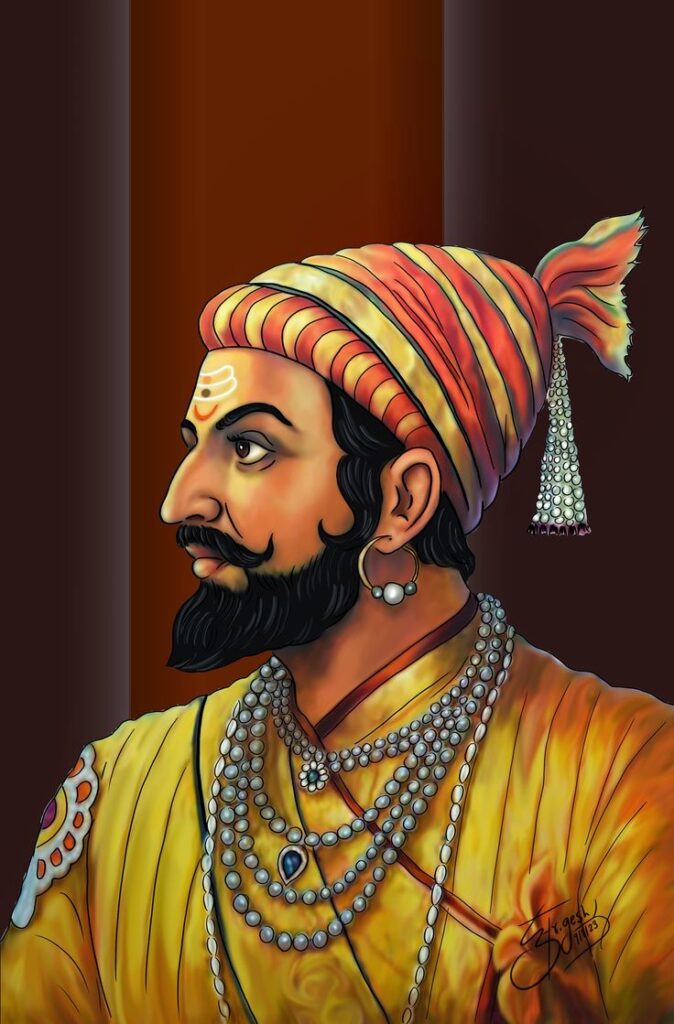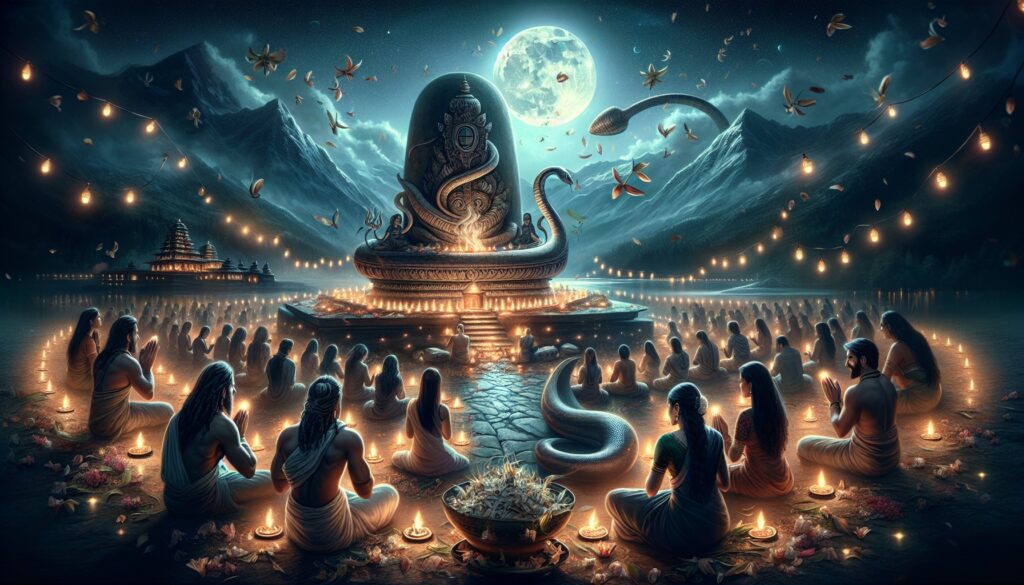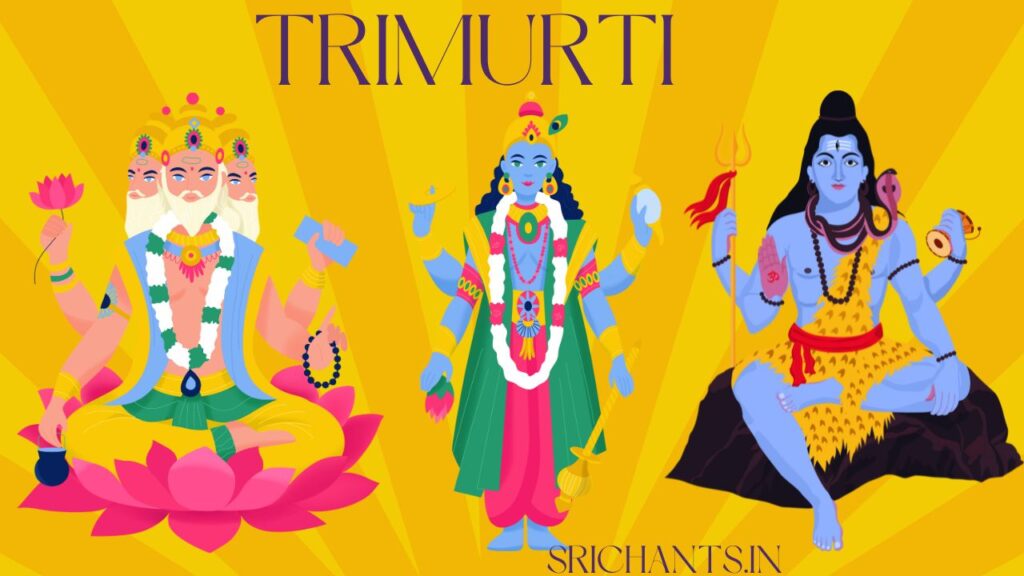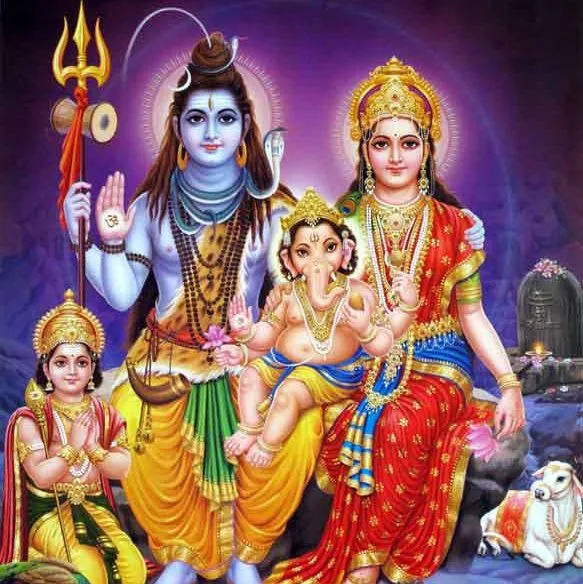Chhatrapati Shivaji Maharaj Jayanti 2025
Introduction
Many courageous fighters from India have helped to define history. Of all them, Chhatrapati Shivaji Maharaj is among the best leaders. Generations of people have been inspired by his desire for Swarajya (self-rule), bravery, strategic acumen. Celebrated annually to honor his legacy and contributions is Shivaji Maharaj Jayanti. This unique celebration falls on Wednesday, February 19th in 2025. Especially in Maharashtra and around the country, the day is seen with grandeur.
Who Was Chhatrapati Shivaji Maharaj?
Born at the Shivneri Fort close to Pune on February 19, 1630, Chhatrapati Shivaji Maharaj Respected general Shahaji Bhosale was his father; his mother Jijabai greatly influenced his morals. Shivaji shown early leadership, bravery, and a strong feeling of justice.
To create Swarajya, he established the Maratha Empire and battled Adil Shahi and Mughal leaders. Military excellence, inclusivity, and justice under his direction were well-known. Along with a warrior, Shivaji Maharaj was a visionary king who instituted a powerful fortification system, naval innovations, and progressive government.
The Date and Significance of Shivaji Jayanti 2025
February 19, 2025 will find Shivaji Jayanti celebrated. The day is noteworthy since it commemorates the birth anniversary of Maratha Empire founder Chhatrapati Shivaji Maharaj.
This is a day to consider his efforts as much as a celebration. India’s leaders and people still find direction in his ideas of secularism, self-governance, and effective leadership.
The Life and Achievements of Chhatrapati Shivaji Maharaj
1. Establishment of Swarajya
Dreaming of establishing self-rule free from foreign control was Shivaji Maharaj. By battle and diplomacy, he established a separate Maratha state from a great monarchy.
2. Military Genius
Guerrilla warfare methods were well-known from Shivaji. Larger enemy troops were routed by his deliberate use of topography, quick strikes, and formidable defense systems.
3. Strong Naval Power
Unlike several Indian leaders, Shivaji understood the need of a capable fleet. He assembled a strong fleet to guard India’s coast against outside attack.
4. Fort Architecture and Defense
Shivaji renovated and expanded a number of forts, turning them into hubs of military might and government. Notable fortifications are Raigad, Rajgad, Pratapgad, and Sinhagad.
5. Administrative Reforms
Shivaji Maharaj followed effective government. His initiatives advanced peace and order, fair taxes, and welfare. He guaranteed justice for all and respected every faith.
6. Secular Leadership
Though committed Hindu, Shivaji Maharaj was quite secular. He appreciated the customs of individuals from several religions and hired them.

How is Shivaji Jayanti Celebrated?
Especially in Maharashtra, Shivaji Jayanti is observed grandly. Processions, cultural events, and honors to the great warrior abound in the festivities.
1. Processions and Parades
Massive rallies and processions are held, with people dressed as Maratha warriors, playing drums and carrying saffron flags.
2. Tributes and Statues
People gather at Shivaji Maharaj’s statues and forts to pay floral tributes and remember his contributions.
3. Cultural Programs
Events such as plays, speeches, and storytelling sessions highlight his life and values.
4. Traditional Sports and Competitions
Wrestling matches, sword-fighting displays, and other traditional sports are organized.
5. Fort Visits and Trekking
Many history enthusiasts visit forts associated with Shivaji Maharaj, such as Raigad and Pratapgad, to relive his legacy.
6. Social Initiatives
Blood donation camps, cleanliness drives, and educational programs are organized to honor his values.
Interesting Facts About Chhatrapati Shivaji Maharaj
- Coronation at Raigad: Shivaji Maharaj was crowned as Chhatrapati (sovereign ruler) on June 6, 1674, at Raigad Fort.
- Founder of Guerrilla Warfare: His innovative guerrilla tactics inspired military strategies worldwide.
- Escape from Agra: He brilliantly escaped from Mughal Emperor Aurangzeb’s captivity in 1666 using disguise and intelligence.
- First Indian Naval Force: He established India’s first navy to safeguard coastal regions.
- Respect for Women: Shivaji Maharaj ensured the protection and dignity of women in his kingdom.
Importance of Shivaji Jayanti
Shivaji Jayanti is a day to honor the principles of bravery, justice, and good governance. His ideals continue to inspire leaders, politicians, and youth.
- Encourages Leadership: His life teaches the importance of courage, vision, and strategy.
- Promotes Nationalism: His fight for Swarajya instills patriotism among Indians.
- Inspires Social Harmony: Shivaji Maharaj was a ruler who respected all religions and worked for unity.
- Encourages Good Governance: His administrative policies serve as a model for today’s governance.
Conclusion: Carrying Forward Shivaji Maharaj’s Legacy
Shivaji Maharaj’s life is a testament to courage, wisdom, and dedication. As we celebrate Shivaji Jayanti 2025, we must imbibe his values and work towards a strong and just society.
His vision of Swarajya, secularism, and self-reliance remains relevant today. Let us honor his memory by following his principles and contributing to the progress of our nation.
Jai Bhavani! Jai Shivaji!
Frequently Asked Questions (FAQs)
Q1: When is Shivaji Jayanti in 2025? A: Chhatrapati Shivaji Maharaj Jayanti will be celebrated on Wednesday, February 19, 2025.
Q2: Why is Shivaji Maharaj Jayanti important? A: It commemorates the birth of one of India’s greatest warriors and visionaries, who fought for Swarajya and good governance.
Q3: How is Shivaji Jayanti celebrated? A: The day is celebrated with processions, tributes, cultural events, fort visits, and social initiatives.
Q4: What are the key achievements of Shivaji Maharaj? A: His major achievements include establishing the Maratha Empire, pioneering guerrilla warfare, creating a strong navy, and implementing administrative reforms.
Q5: What is the relevance of Shivaji Maharaj today? A: His leadership, governance, and vision for Swarajya continue to inspire modern India in various fields, including politics, military, and administration.







